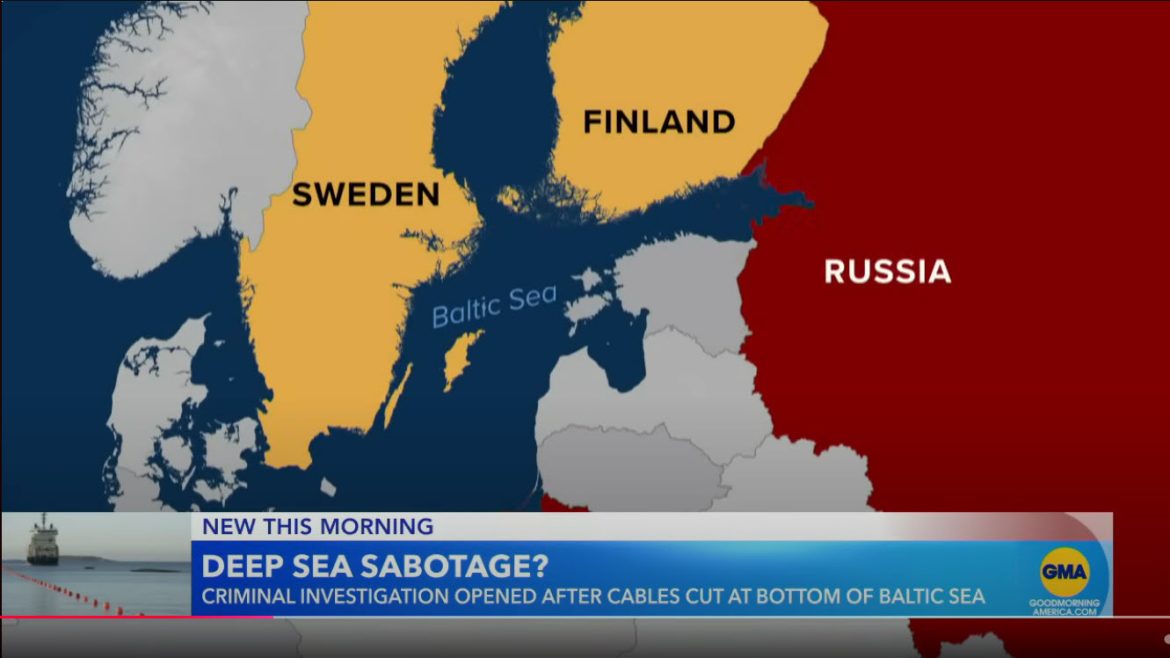Authorities in Finland and Sweden have launched criminal investigations into the recent ruptures of undersea communication cables in the Baltic Sea, suspecting deliberate sabotage. These incidents have raised concerns about the security of critical infrastructure in the region.
On November 19, 2024, the undersea C-Lion1 data cable connecting Finland and Germany experienced a rupture, leading to disruptions in data transmission between the two countries. This event followed a similar incident involving a cable between Lithuania and Sweden. Both ruptures occurred near Swedish islands, prompting immediate investigations by the respective national authorities.
Finland’s National Bureau of Investigation has initiated a probe into the C-Lion1 cable rupture, suspecting aggravated criminal mischief and interference with communications. Concurrently, Swedish police are investigating possible sabotage concerning the damaged cable between Lithuania and Sweden. German Defense Minister Boris Pistorius has suggested the possibility of sabotage, although no concrete evidence has been presented thus far.
A Chinese-registered cargo ship, Yi Peng 3, has come under scrutiny after being observed near the locations of the cable ruptures. The vessel was detained by the Danish navy as part of the ongoing investigation. Authorities are exploring the possibility that Russian operatives may have used the Chinese ship as a cover for the sabotage, though the Chinese government is not believed to be involved. The detainment was executed under a rarely invoked article of a historic convention, marking a significant shift in policy, as NATO members usually refrain from detaining merchant ships without a warrant.
These incidents bear resemblance to previous unpunished sabotage events in the region, escalating concerns over covert operations targeting critical infrastructure in Europe. The Baltic Sea has been a focal point for such activities, with past incidents including the 2022 explosions that damaged the Nord Stream gas pipelines. Investigations into those events concluded that there was deliberate sabotage, though sufficient grounds for prosecution were not established.
The recent events have prompted a multinational investigation involving authorities from Sweden, Denmark, Finland, and Germany. The collaborative effort underscores the shared concern over the security of undersea infrastructure, which is vital for international communications and energy supply. The incidents have also led to increased vigilance among NATO members regarding potential covert operations in the region.
As investigations continue, authorities are focusing on identifying the perpetrators and understanding the motives behind these acts of sabotage. The incidents have highlighted the vulnerability of undersea cables and pipelines, prompting discussions on enhancing the security and resilience of such critical infrastructure. The outcomes of these investigations may lead to policy changes and increased international cooperation to prevent future occurrences.



